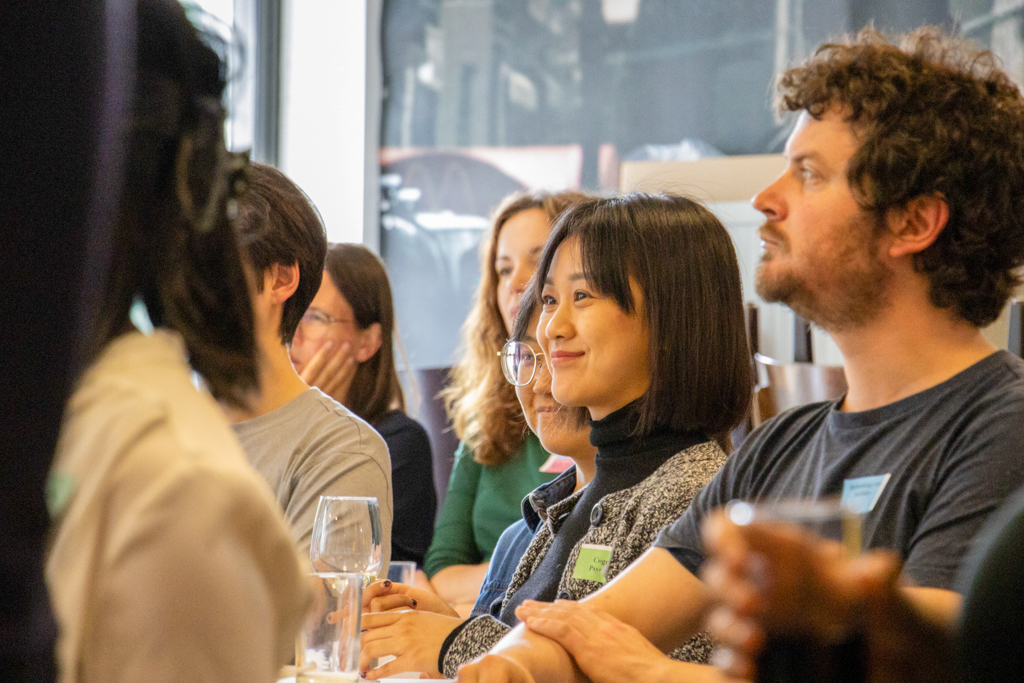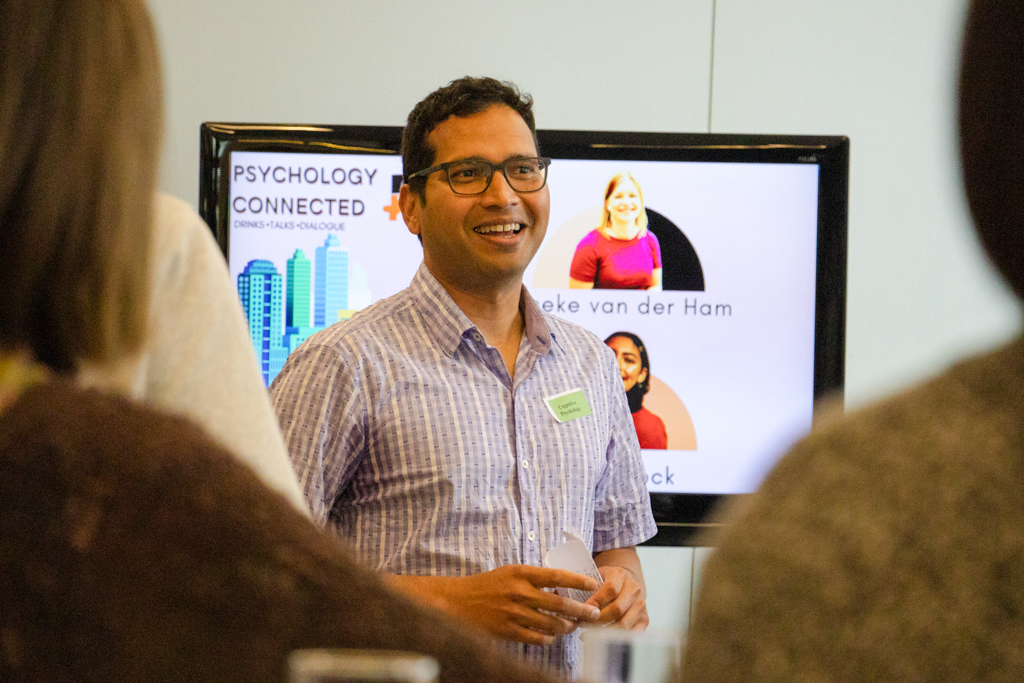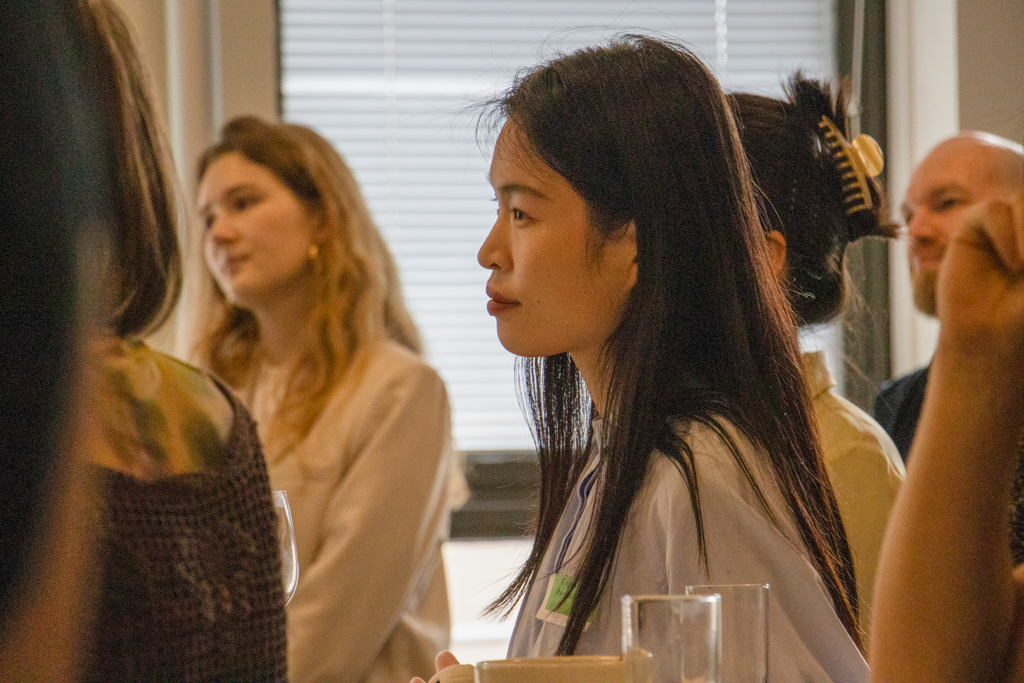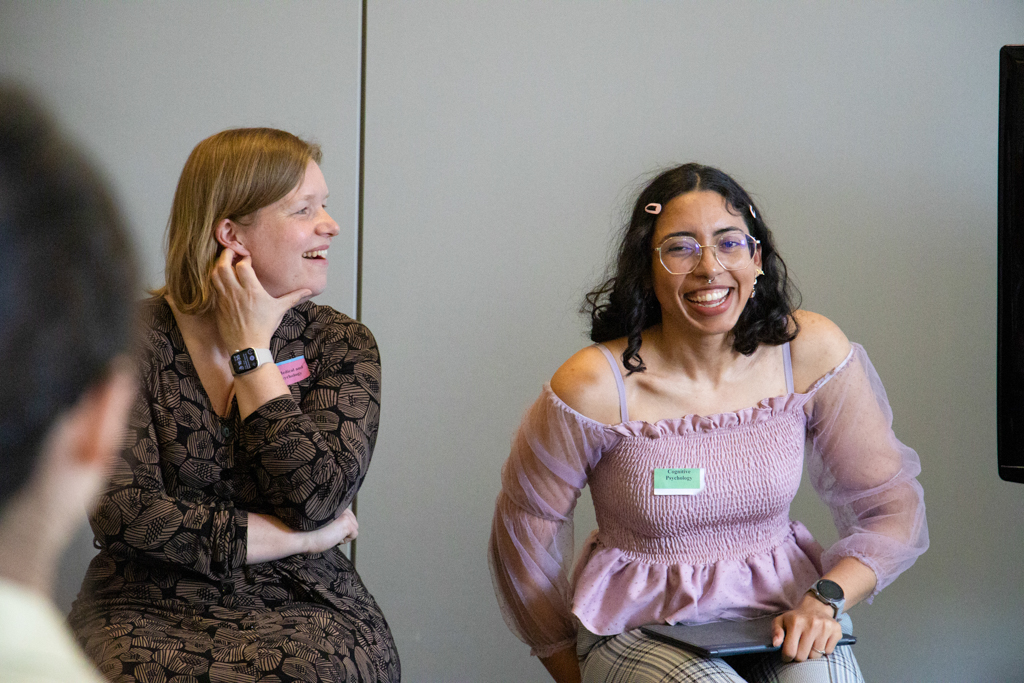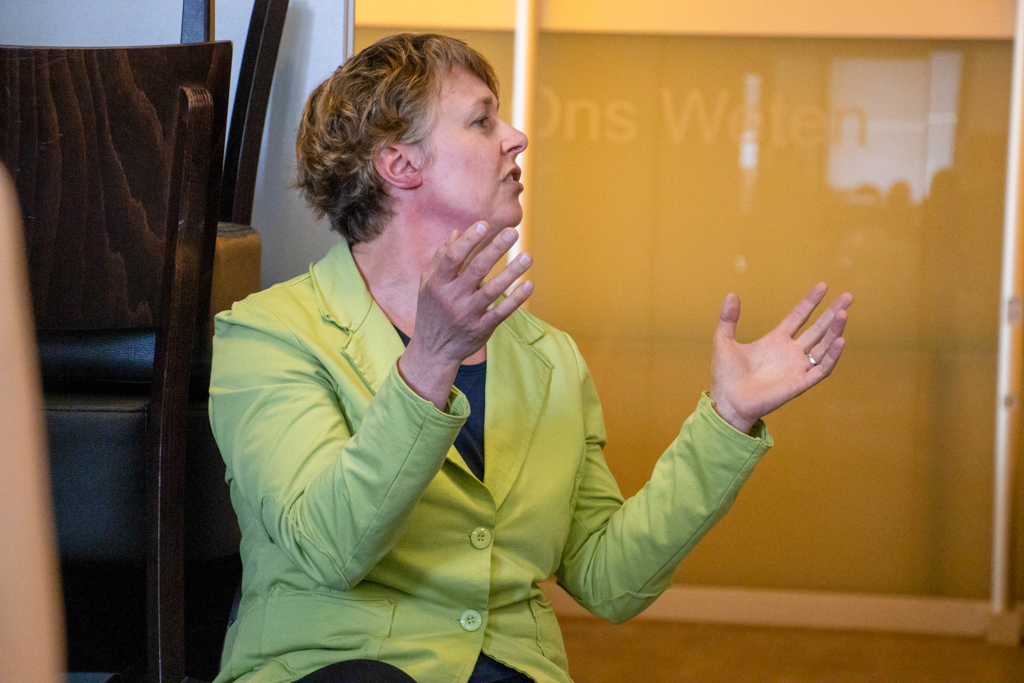
Psychology Connected on entrepreneurship: 'Failure is inevitable, but that should be no surprise for academics’
From science to startup: How do you approach it? Why should you take your research to the market in the first place? And what obstacles will you face? ‘It takes time to find a company that matches your motives.’
When cognitive psychologist Arko Ghosh moved to the Netherlands seven years ago, he was positively surprised by the market stalls and blankets on King’s Day. ‘Everyone here is so entrepreneurial!” he thought. ‘I was a bit disappointed when I entered the faculty and saw little entrepreneurship around me. In Switzerland, where I did my PhD, numerous companies are born out of scientific research. In fact, just around the corner at the Bio Science Park, it’s teeming with start-ups.’ In an attempt to spark entrepreneurial spirit among his colleagues, Ghosh talks with PhD student Ruchella Kock and neuropsychologist Ineke van der Ham about their experiences in the business world.
Axite
Even without money, you can start a business, as Ruchella Kock proves. As a data researcher at CODELAB, she, along with Charlotte Franenberg, has founded the company Axite, of which Ghosh is the scientific advisor. They developed software that allows epilepsy patients to monitor their cognitive functions remotely, using a smartphone app and a headband. The idea is that doctors can use this data to adjust medication. ‘Many epilepsy medications have cognitive side effects, so it's beneficial to tailor your medication as closely as possible to your functioning. We tested it on healthy people and are now researching it in people with epilepsy.’
Balancing act
Axite began as a so-called university spin-off: the university arranged the patent for the software. ‘Companies like to see that before they decide to invest,’ says Kock. ‘The data I used for the development was already collected by Arko’s lab.’ Now, as a PhD student slash entrepreneur, Kock immerses herself in the at times overwhelming start-up world. ‘Sometimes I feel guilty because I have to balance between two worlds. I can't fully dedicate myself to either. Besides, I have to handle many practical matters that a PhD student usually doesn’t deal with; I now plow through thick documents full of laws and regulations that I need to know for my company. But I also learn a lot from it.’
Navigation training
Isn’t it strange, Ineke van der Ham wonders, that researchers don’t collaborate with companies more often? Ten years ago, she was one of the few among her colleagues at Utrecht University to take her idea to the market. ‘I wanted to develop a navigation training for people with acquired brain injuries because they often struggle to find their way.’ With money from a research grant, she called on tech companies to set up such a training with her. ‘Various parties came forward, from start-ups to more experienced companies.’
Find the right match
It was important to her to work with people who understood the societal relevance of her work. ‘Sometimes companies just want to make money; you have to talk to people for a long time to find out if their motives match yours.’ The training is now included as a protocol in the treatment for people with navigation problems. ‘As researchers, we are continually solving societal problems by designing questionnaires and tools. Collaboration with the business sector can help make a long-term impact.’
More collaboration
As an academic, you're busy with research, applying for grants, and teaching. How do you find the time and space to go out into the world with your innovations? ‘I've now managed to integrate it as part of my research work,’ says Van der Ham. ‘But it would be great if we could collaborate more within the institute in this area. For example, by connecting researchers who want to make their questionnaires and protocols publicly available.’
Dare to fail
There are already initiatives, such as the start-up community in Leiden, of which Ruchella Kock is a member. ‘When I first attended their weekly drinks, I noticed that everyone was focused on the question: how do I add value? I found that a refreshing way of thinking.’ Finally, both agree that it's also a matter of daring to fail; about ninety percent of start-ups give up after the first year. Failure is part of it, according to Van der Ham: “Fortunately, for academics, that should come as no surprise.’
Photography: Priya Ramcharan

This was the last Psychology Connected of this academic year. There will be new editions next year! Keep an eye on the event page for the latest updates.
Missed the previous edition Psychology Connected on ‘gender differences in research’? Read the recap here.

